The Japanese Organizing Consultant Who Successfully Helped Declutter People's Lives: Marie Kondo Story
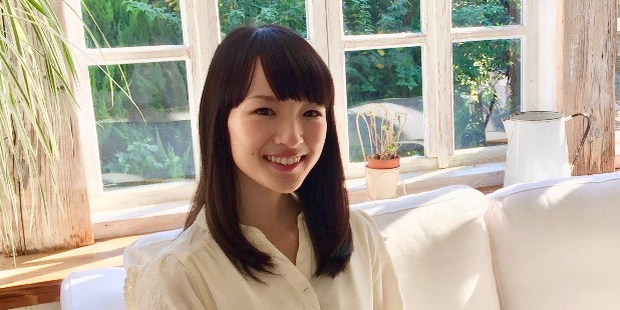
Profile
When you clean things, no matter where you are, you have to declutter the spaces, put the materials like the self-improvement books and expensive magazines in order, fold the clothes neatly, throw out the trash, wipe away all the dust, add a shine to the space, and many more. It can be a tiresome and even troublesome chore, especially if you are not used to doing it. On a basic level of understanding, cleaning could simply mean that you also have to get rid of as much useless things as possible, that you should make sure you have as everything that you need and not keep the useless junk anymore. Marie Kondo thinks differently from that rudimentary thought process.
Marie Kondo is a Japanese organizing professional consultant and a bestselling author in Japan and in Europe. She has already written four books about organizing, and those books have collectively sold millions of copies and been translated from Japanese into other languages such as Korean, Chinese, French, German, and English. Marie's way of thinking and her message to all of us is not about getting rid of as many things as you can possibly find that you feel that you do not need, but to keep the things that are important to you and making sure you are surrounded by the things that you do love. In her lexicon, keep the things that "bring you joy."
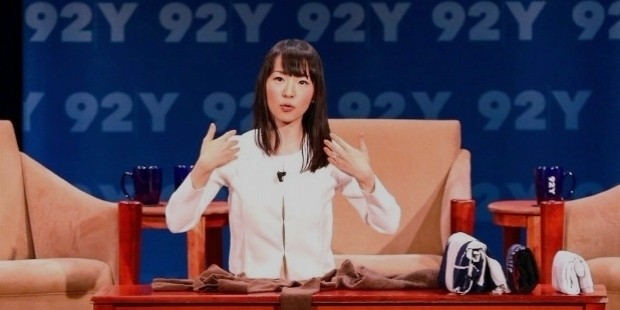
Marie teaches us about quality rather than quantity. It is also a specific form of quality—it is not the quality that is based on what we think about these objects (like how useful and efficient they are) but the form of quality that is based on our hearts, what we feel about the objects. Do we have sentimental attachment to them, or do we just cherish them for the memories we have of these objects. It may sound silly, but it is a profound concept and can definitely change how a person can view things. Especially when it is time to clean up the spaces again.
Birth of the Cleaning Guru
Marie Kondo has always been obsessed with organizing ever since she was five years old. During recess time in her primary school, she would stay behind in the classroom to tidy up the bookshelves while her classmates would be outside playing in the sun. Whenever there was a nomination for class roles, Marie only wanted one position and that was being the bookshelf manager so she could continue doing what she loved to do. One day years later during a cleaning spree, she had a nervous breakdown and fainted, reportedly unconscious for two hours. When she came to, she heard a mysterious voice that was telling her to look at her things more closely.
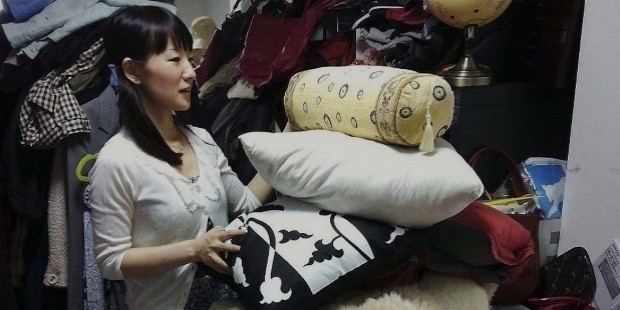
It was then and there that she realized that what she was doing was wrong. She was always looking for things to throw out when all this time she should have been looking for the things that she wanted to keep. Knowing what are the things that make you happy is the true purpose of tidying. Marie used to work part-time at a Shinto shrine as an attendant maiden for five years when she was 18 years old. Shintoism influenced her, her mind-set, and her works in ways like transforming your luxury home into a sacred space, a power spot filled with pure energy. While she was 19 years old and was a sociology student at Tokyo Woman's Christian University, she founded her organizing consulting business.
KonMari Method
Kondo's method of tidying things up is famously known as the KonMari Method. The method's main principle is that we hang onto only the things that "spark joy." Basically we have to gather everything up, one category at a time (clothes, books, documents, miscellany, and mementos), and then select the ones that "sparks joy" with the exception being the useful ones that contribute to our life, then lastly we just have to select a place where everything belongs. This can pretty much be translated to transformative existential keeping, which seems to be the lesson Kondo is teaching us.
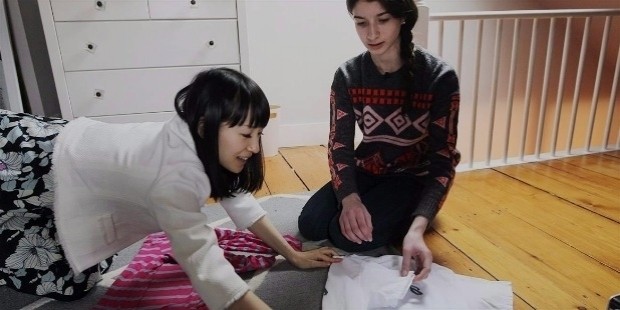
Famous Works on Tidying Up
When Marie Kondo launched her home-organizing consulting business, many were so eager to to avail her services that the booking schedule grew to a 3-month-long waiting list. Due to the high demand of her cosnsulting service, one of her clients requested that Marie should just write a book so that they wouldn't have to wait so long. Kondo obliged to the request and wrote The Life-Changing Magic of Tidying Up: The Japanese Art of Decluttering and Organizing, which went on to become a bestseller. It didn't take long for it to be translated and published in more than thirty coutries. She then wrote more books, her latest releases being Life-Changing Magic: A Journal and Spark Joy: An Illustrated Master Class on the Art of Organizing and Tidying Up.
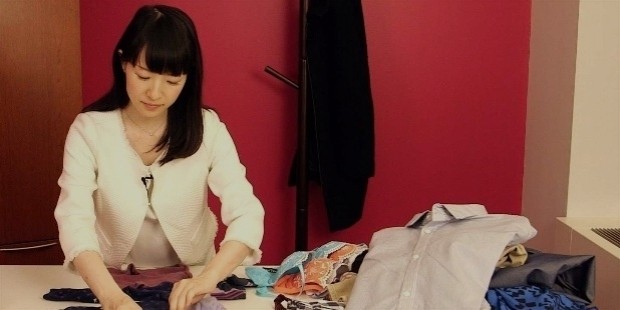
Influence and Legacy
Marie Kondo has become such a powerful infuence on people all over the world that her last name has become a verb for tidying devotees. She has gone on many lecture rounds and made television appearances both locally and internationally. She even influenced one of the most famous people in the world, Ellen DeGeneres. Ellen invited her to the Ellen DeGeneres show (which you can watch here). So great was her influence on people that her clients call themselves "Konverts." She was also listed as one of Time magazine's "100 most influential people" back in 2015. She already has worldwide fame with many many people ,including celebrities, reading her books and learning more about how to truly tidy up their homes and lives.
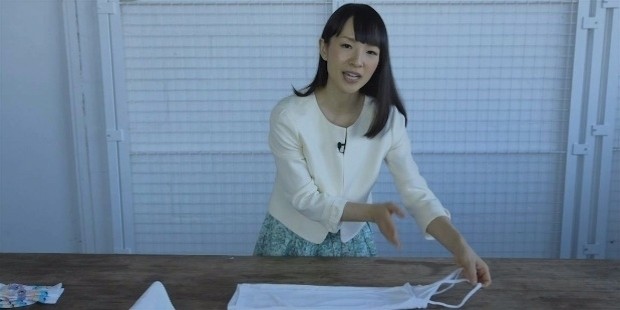
Her Konverts, both new and old, have found magic in the KonMari method. To them it is not an intellectual process but it is much closer to meditation. To them the method allows them to rely on their intuition and it honors how they feel about their possessions. Kondo's books are short and sweet, which is refllective of her mission, which is simplicity. Her Konverts' testimonies have described the method as being so divinely guided and thorough that they only ever end up with only the things that they love or are necessary. They were easily able to let go of the items that they were not too sure about keeping. And reportedly, none of them has ever relapsed into their previously messy state.
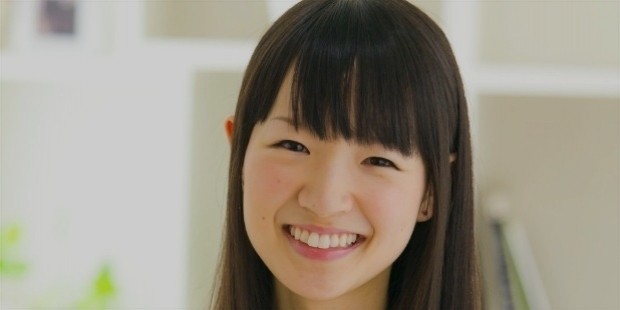
Her followers had gained a lot of new somewhat counter-intuitive insights into the art of decluttering, and even got new things that spark joy as well. They became more mindful in practical ways, their self-care was elevated to a new level, they gained new passions when they created more space in their physical world, they were able to tie up the loose ends in their life, and they upgraded their items with new things that became important later on in their lives. She redefines the chore of cleaning and turned it into a trial of the journey of discovering and clarifying one's values in life, in the process overcoming our materialistic nature. She not only cleans our homes but also our souls.









